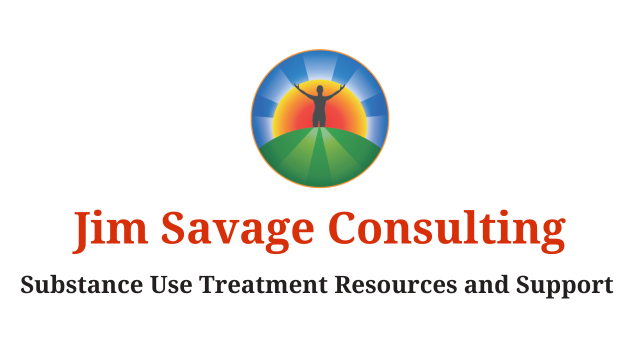
OK, so this may not exactly sound like rocket science:
Addiction to a mood altering substance develops as result of repeated use of the substance.
There's obviously a little more to it, but it's really not that complicated. Understanding how this occurs can go a long way in:
1) removing denial about what it means to have a problem
2) understanding the importance of developing a plan to manage the condition
A Simple Explanation Of Addiction
Each time a person uses a mood-altering substance and becomes intoxicated, the brain identifies that as a pleasurable event, and stores a memory of that pleasurable event in the part of the brain called the reward center.
With repeated use over time, the neural circuitry of the reward center changes, so that when a person experiences something that triggers a memory of the pleasurable experience (seeing pictures of drug use on social media, smelling weed on the street, etc), they will experience two conflicting thoughts or impulses relative to the pleasurable experience.
The first impulse is what I refer to as the "party" voices: "We know what that is! We want that! Party!!!!"
The second would be what I call the "not a good idea" voices: "Probably wouldn't be a good idea right now."
Think about your own experience with "stored memories of pleasurable events" and the potential for conflicting impulses. I'm pretty familiar with that every time there's a tray of fresh, aromatic brownies sitting on the kitchen counter.
What happens is that over time the rewiring of that neural circuitry results in the "party" voices getting louder, and the "not a good idea" voices getting muffled. At some point, when the party voices are louder than the not a good idea voices, the substance user experiences what we call loss of control, and they end up doing something they did not intend to do.
That's addiction.

Relapse Prevention
Understanding this rewiring of the brain as the direct result of repeated substance use plays a critical role in relapse prevention.
a. Avoiding triggers
If you never know when the "party voices" might convince you to do something you know you shouldn't do, it only makes sense to reduce exposure to external cues that might trigger the memory of the pleasurable event. Effective relapse prevention planning includes strategies for reducing exposure to potential triggers.
b. Chronic condition
The brain does not automatically snap back to its original wiring. The healing of the brain (neuroplasticity) is a slow process that occurs over time. Simply acknowledging the problem and agreeing to stop using doesn't mean the substance user is automatically cured. Rather, a plan needs to be put in place to manage the condition and avoid future occurrences that may lead to loss of control, i.e. using when they didn't intend to.
Medically speaking, a "chronic" condition is defined as a condition that lasts longer than three months. As the addiction field has evolved, the idea of "once an addict, always an addict" is now recognized as perhaps an overly simplistic characterization for a complex condition. The important part to recognize, however, is the fact that Substance Use Disorder is a condition that tends to persist—whether we're talking about a young person who has continued to get in trouble over the course of year or two, or someone who stays sober for ten or twenty years, relapses, picks up where they left off, and drinks themself to death within a few years.
We might not be able to predict how long it lasts, but it clearly is a condition that needs to managed over a period of time.
Motivation For Recovery
Understanding the nature of the condition is where motivation to follow a recovery plan is going to occur.
If the substance user understands that simply acknowledging they need to stop using does not automatically make the problem go away, and if they understand how continued use may lead to progressively worse consequences, you would expect them to be motivated to follow a plan to make sure that doesn't happen.
On the other hand, if the substance user does not understand the condition—in other words—if they don't recognize the gravity of the situation—they won't be motivated to follow a plan for recovery. That's when we end up in power struggles about whether they're following their plan or not:
"Why aren't you going to your meetings?!?"
"Are you sure it's OK to hang out with your friends while they're using?"
Ultimately, it's this lack of understanding understanding the nature of the condition that becomes one of the biggest contributors to relapse and poor treatment outcomes.
Summary
- Addiction develops when neural pathways in the brain change as the result of repeated substance use.
- The brain does not automatically revert to its normal state just because the substance user acknowledges they have a problem and agree to stop using.
- Understanding the nature of the condition is the key to motivation for following a recovery plan.
RESOURCES FROM JIM SAVAGE, LCDC
CLINICAL SERVICES
ONLINE COURSE
FREE eBOOK
Sobriety Doesn't Have To Suck!
A Guide To Finding Excitement, Renewal, And Spiritual Fulfillment In Recovery
Stay connected with news and updates!
Join our mailing list to receive news, resources, and updates.
Don't worry, your information will not be shared.
(We won't send spam. Unsubscribe at anytime.)



